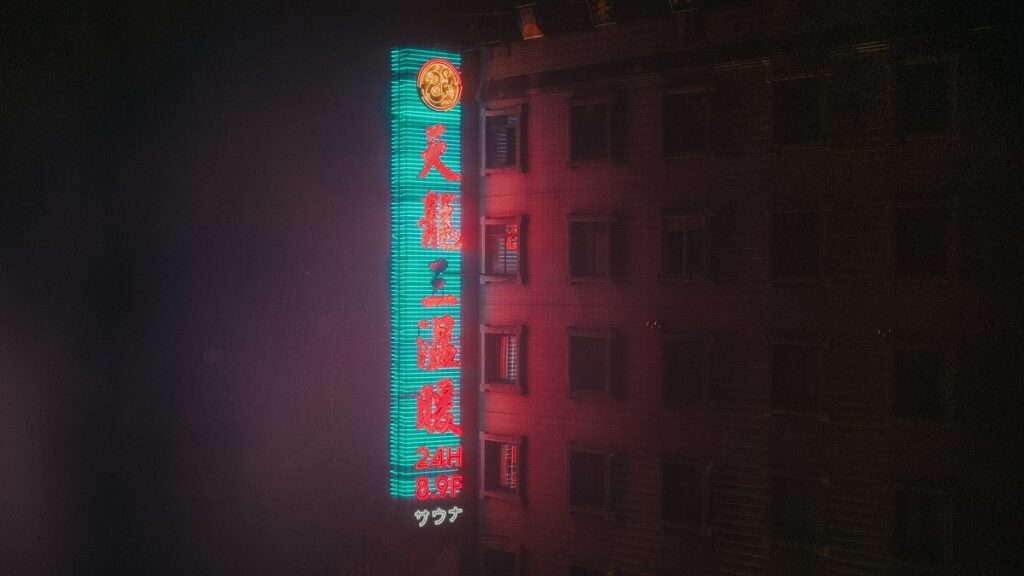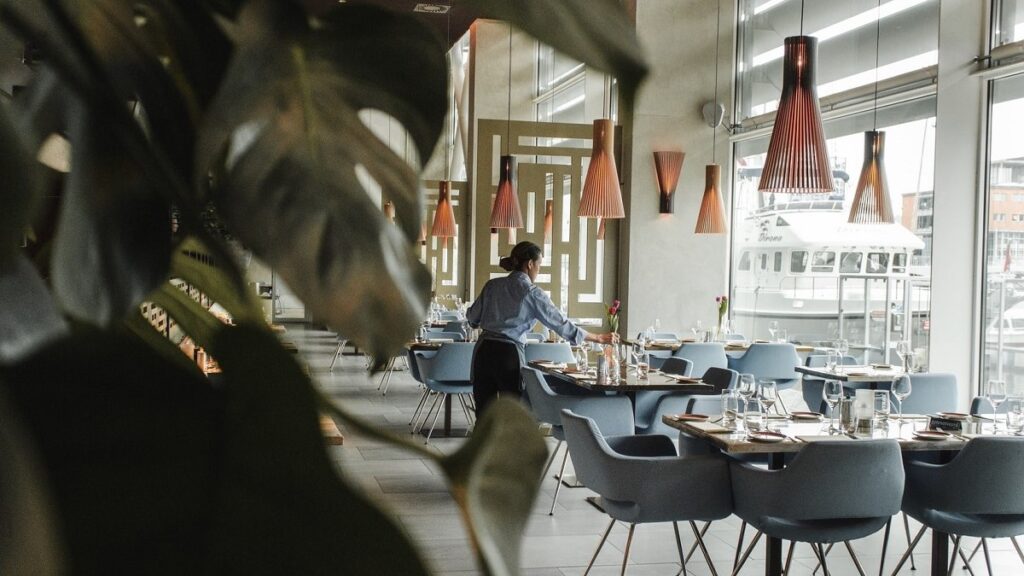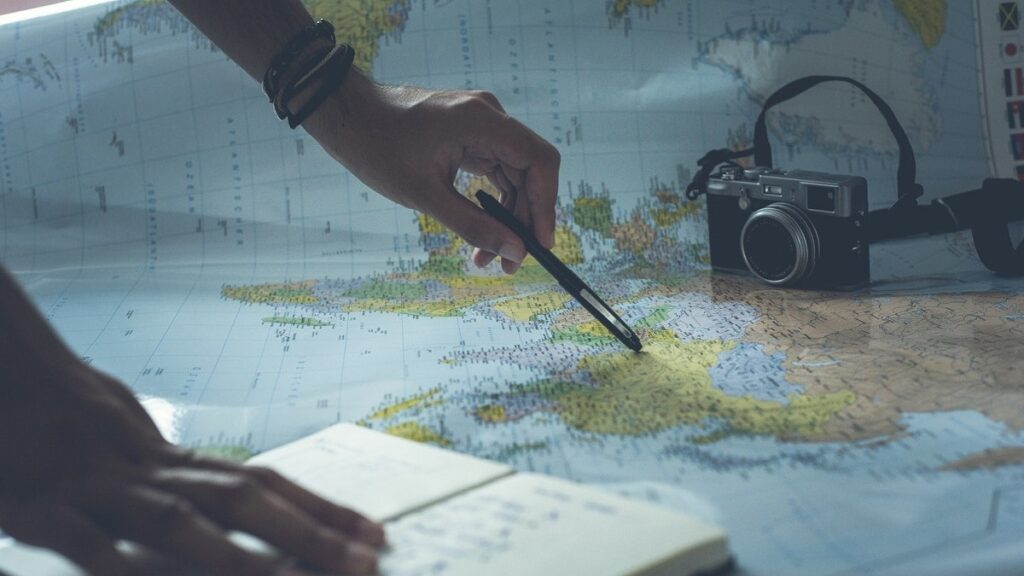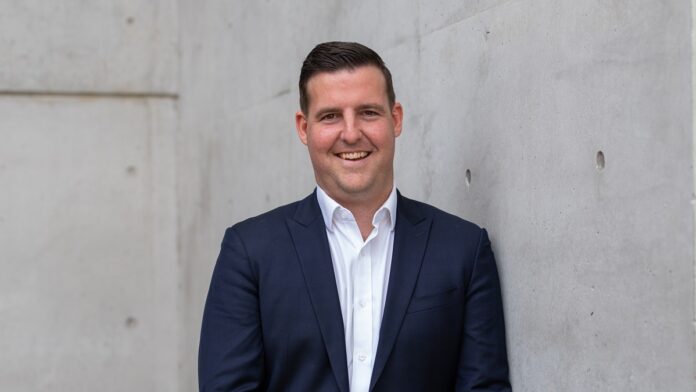It has been a roller coaster of emotions and safety updates in the recent weeks as the COVID-19 pandemic subsides in some countries and then flares up again as new variants are discovered. It is almost making this publication feel like it is almost 90% about the pandemic.
But it is actually about travel and for this section the people and businesses that make up the industry. We grabbed the chance to speak to Bradley Haines, Regional Vice President of Asia Pacific from SiteMinder about the hotel industry, as they monitor the industry closely.
READ MORE: We speak to James Shanahan from Revolut about travel spending and more
Given the varying situations and the ability for SiteMinder to see trends from their 35,000 hoteliers and property owners in their portfolio, they are in a great position to better understand how it is happening. Let’s jump straight into our discussion with Bradley now.
Have you seen a rebound in business in 2021?
We are seeing positive momentum again, although the travel situation really varies by market. Globally, the SiteMinder World Hotel Index tells us that hotel booking volumes are currently at around 47% of what they were this same time last year, and the situation across Europe is a big contributor to that.
We see a different picture in many parts of the Asia Pacific, such as Taiwan, where hotel bookings have surpassed pre-pandemic levels (144% YoY) and Australia, where they’re at 79% YoY and where we expect to see the positive impact of the vaccine rollout from this week.

Which regions have been the most affected by the continuing pandemic?
We’ve been watching travel recovery very closely through the SiteMinder World Hotel Index and it’s been interesting to watch the world practically operate at two speeds—one faster and internationally-focused, and the other slower and domestically-focused. We’ve seen the faster, more internationally-focused operation in Europe and the Americas, where travellers have generally been quite quick to jump at the opportunity to travel, when lockdowns have eased, and then we’ve seen the other slower and more domestically-focused operation here in the Asia Pacific, where governments and travellers have taken the far more cautious approach over the past year.
Both approaches have had mixed results and so we prefer to take a more granular look at recovery, at a country and even city level.
We’ve found through our data that the hotel booking cycle will generally go through five key stages until it resets into a different normal. As soon as governments announce when travel restrictions will lift, in each country or state we generally see:
- Domestic acceleration, which involves a steep rise in domestic travel bookings. These are made by local residents who’ve longed to escape the confines of their homes.
- Plateauing, which is the flat period that often follows an acceleration in domestic travel bookings, once the initial excitement has worn off.
- Flux, which is the stage of destabilisation and this can be due to a number of factors, such as increased cases in coronavirus, or other political or societal challenges.
- Embracing, which is all about stabilisation as locals accept new norms and welcome the reality that the world is simply different.
- International acceleration, which involves a strong burst of excitement around travelling internationally again.
The Maldives and United Arab Emirates are two of very few markets to have completed all five stages to date.
How do you think the hotel industry can survive during this time?
The innovation we’ve seen across the hotel industry has been incredible. Hoteliers have really been forced to reimagine their role in society, and from that we’ve seen many offer their spaces as quarantine facilities, while others have created new revenue streams such as F&B delivery. The comradery, too, has been so inspiring. At its core, the hotel industry remains an industry of people for people, and that spirit of support and ingenuity has allowed so many hotels to survive during this time.


Beyond those things, there are a few very practical ways that hoteliers can prepare themselves for today and tomorrow:
- Reposition your hotel property to reach new types of travellers without lowering your rates. Discounting can seem like a good idea for the immediate term, but in the long run it will impact your brand integrity and make it very hard for you to lift those prices again, especially in a region like Asia where travellers are often very price-sensitive. Learn about the latest behaviours and expectations of travellers, because they’ve changed.
- Use social media to promote and market your hotel. It’s where travellers are spending more and more of their time.
- Upgrade your technology, because it will set you up for success during and especially coming out of this crisis. People are still keen to travel. Let them find and book you! Also, don’t underestimate the value of data and insights that only technology can provide.
- Be flexible, as it pays off. Travellers will appreciate it.
- Keep a long-term view to ensure you’re making the right decisions, not just for now but for tomorrow and into the future.
Travel has likely changed forever, what do you see as the main changes that will happen once travel resumes?
I agree. I’m not sure that we will ever see people travel in the exact same way as they did before the pandemic, but it’s important we recognise that travel is far from dead. It is very much alive; it just looks different. The growth of virtual meetings and conferences, for example, inevitably means that we will very unlikely see the same level of corporate travel as we did in years past.


Through the SiteMinder World Hotel Index and our recent Changing Traveller Report series, we’ve discovered a few key shifts that we encourage all our hotel customers to think about as they prepare for a different future of travel:
- Most travellers are booking their trips at the last minute, due to how rapidly circumstances change. Established holidays are the exception to this. We’re already seeing Christmas and New Year’s Eve hotel bookings buck the last-minute booking trend in the Asia Pacific, while the European summer is set to be as popular as ever.
- There’s a growing divide between urban areas and regional towns. More travellers are opting for a nearby coastal or regional town rather than a major city that’s densely-populated.
- Travellers today are transient travellers. Trip durations have shrunk, while the frequency of trips has increased.
- Travellers today demand greater flexibility and transparency, because of how quickly things change. In fact, ‘free cancellation/booking modification’ now ranks as the most important factor for almost a third of travellers when choosing their accommodation. Well-promoted health and safety practices are the most important factor for most others.
What’s next for SiteMinder?
In spite of the year it’s been, we learned earlier this year that our hotel customers had voted us as one of the top two most customer-centric hotel technology companies in the world, in the HotelTechAwards. Not only was that extremely humbling; it reinforced our belief that our technology is as relevant and valuable as ever before. We provide marketing, distribution and management technology that’s necessary for every hotel to be successful, during any period but especially as they re-emerge from a crisis.
So, our plans this year are all about making the lives of hoteliers that much easier, and helping them to get even closer to travellers. To do this, we’ll be rolling out a series of really exciting products very soon, so definitely watch this space!

